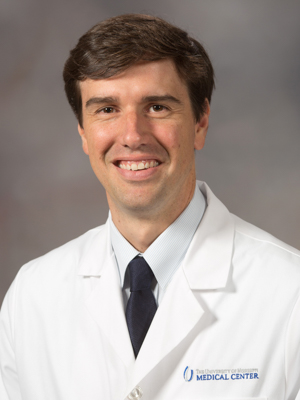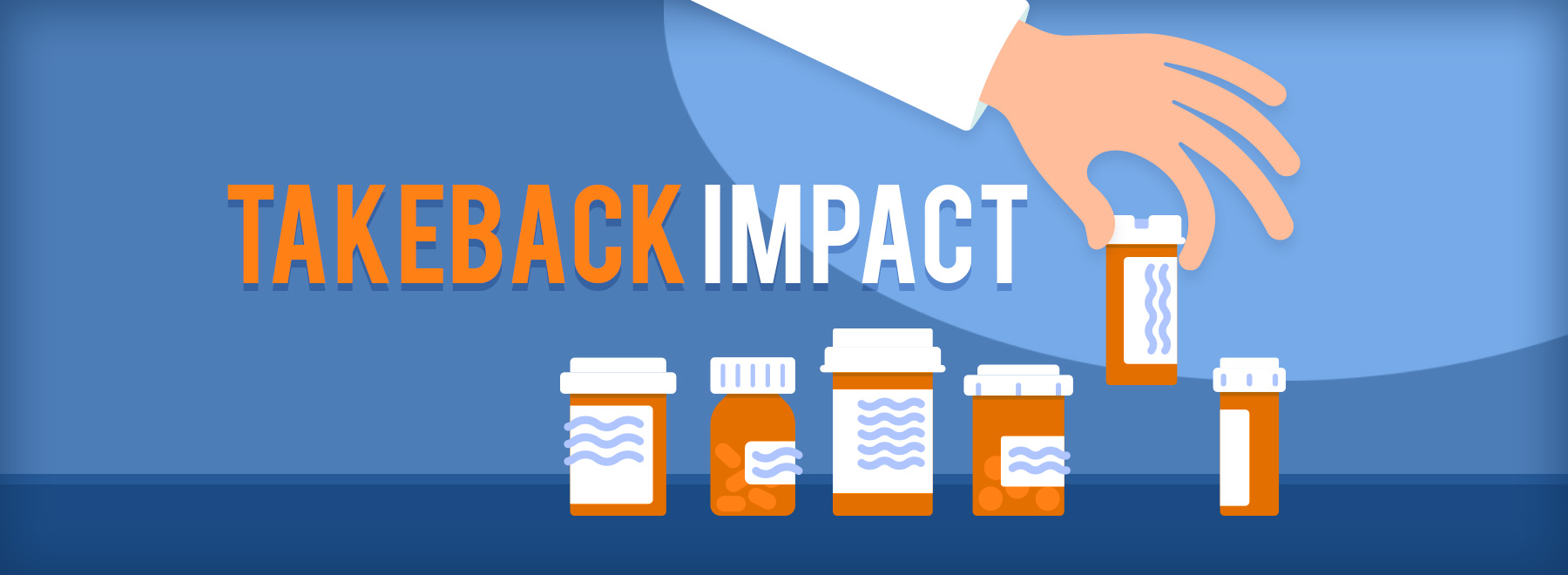UMMC experts weigh in on drug recalls
If the thought of your blood pressure medication being recalled is giving you heartburn or increasing your anxiety, be aware your medication for those conditions may have been recalled, too.
Recalls of some of the most commonly used pharmaceuticals have popped up in the news. A class of hypertension drugs called angiotensin II blockers, including valsartan, losartan and irbesartan, have experienced multiple recalls in the past year. So has ranitidine, also sold by the brand name Zantac, used for occasional heartburn and sour stomach.
And in late October, alprazolam, a generic form of Xanax, was added to the Food and Drug Administration’s list of recalled pharmaceuticals.

“A recall is the most effective way to protect the public from defective or dangerous drugs,” said Dr. Andrew Mays, a clinical pharmacy specialist at the University of Mississippi Medical Center.
The FDA regularly issues warnings about the products it oversees and keeps a database of affected products. Multiple events can trigger a recall, such as the presence of plastics or other particles, sterility issues, mislabeled packaging and chemical impurities.
It’s this last category that’s been most in the news recently, with probable cancer-causing agents such as N-Nitrosodimethylamine (NDMA) and N-Nitrosodiethylamine (NDEA) tainting some high blood pressure and heartburn medications.
But if your medication’s name appears in the news, that doesn’t mean you should throw it out. If you see a drug you take is the subject of a recall, Mays recommends checking with your pharmacy for more information first.
Pharmacies receive warnings from the FDA, giving them the opportunity to avoid prescribing drugs from recalled batches, also known as lots, Mays said. Generic drugs are made by multiple manufacturers, so a recall may not apply to your particular medication.
“There may be 20 different manufacturers for a generic pharmaceutical, but only two or three of these companies may have active recalls,” Mays said.
If it turns out the prescription in your cabinet is the subject of a recall, “Ask the pharmacy to swap your prescription for one from another lot number or manufacturer,” Mays said. “The pharmacy can also work with your physician to find an alternative drug from the same class that may work for you, like changing from one angiotensin blocker to another.”

“This is a challenging problem, especially as new recalls and recommendations continue to be announced,” said Dr. Donald Clark, UMMC assistant professor of medicine. “This is a fast-changing field of information, and we often have to refer patients to their pharmacy for more details on particular recalls.”
Finding other options during a recall is very important because “we don’t want patients to stop taking their prescriptions, especially if they have been using them long-term for chronic disease management,” Mays said. He said that’s especially the case for people who use blood pressure-lowering drugs and face an increased risk of stroke if they stop taking them.
Clark said recalls also can complicate clinical care, especially when it comes to concerns about dangerous compounds in drugs.
“For example, a patient may stop taking their medication because of concerns over its safety,” he said. “However, this may be unnecessary and discontinuing the medication could have adverse health consequences.
“Physicians should communicate the risks and benefits of taking or stopping a prescription or consider alternative medications when it is indicated.”
In the case of over-the-counter medication recalls, such as ranitidine, the recall may also be a good opportunity to reassess how often and why you use that drug.
“Over-the-counter medications aren’t meant to be taken for prolonged periods of time for chronic conditions,” Mays said. “I recommend you contact your physician, because there might be another problem that’s not being treated properly with over-the-counter medications.”
The above article appears in CONSULT, UMMC’s monthly e-newsletter sharing news about cutting-edge clinical and health science education advances and innovative biomedical research at the Medical Center and giving you tips and suggestions on how you and the people you love can live a healthier life. Click here and enter your email address to receive CONSULT free of charge. You may cancel at any time.



